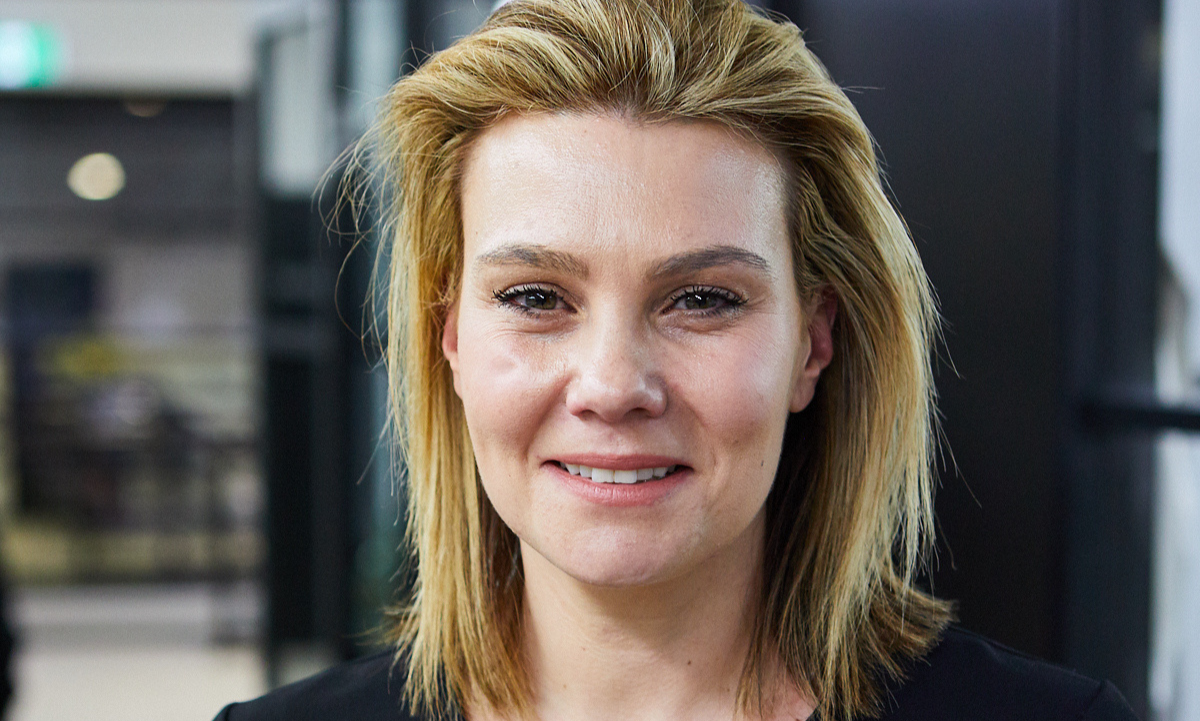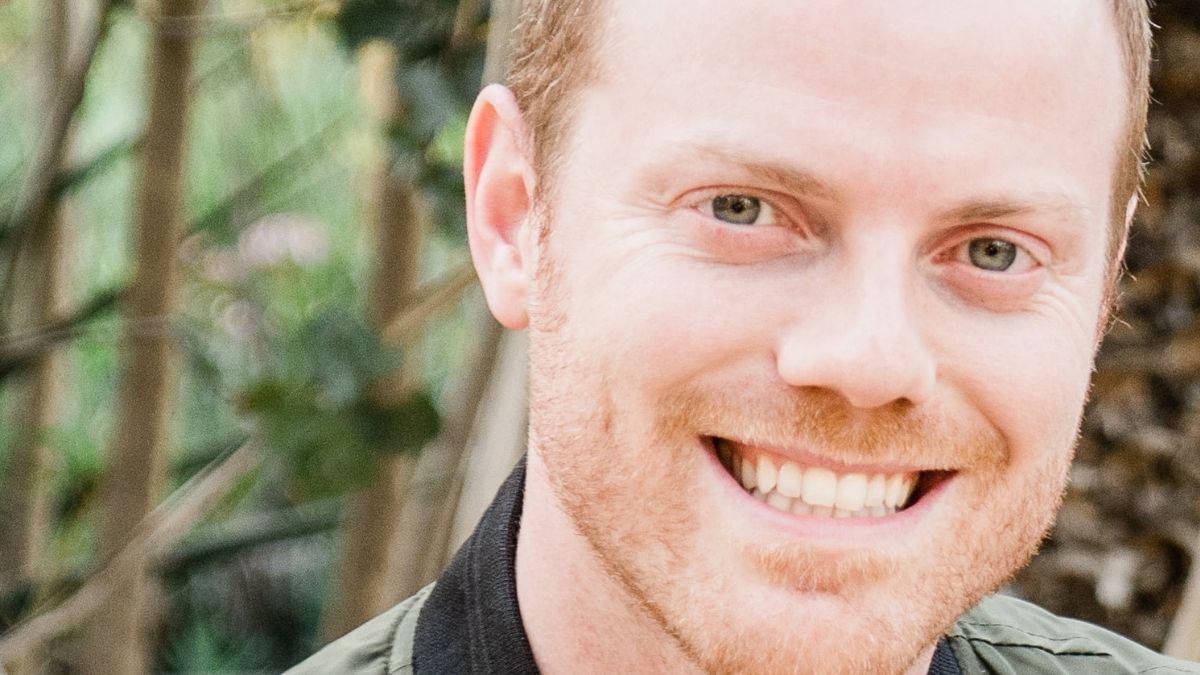Beyond the Tank: The Founder's Evolution from Doing It All to Leading the Way
I’ll never forget the energy of the first series of Shark Tank Australia. Everything was new, the stakes felt incredibly high, and you could feel the raw ambition radiating from every entrepreneur who walked through those doors. In that very first episode, I met Vanessa from Celle Skin. She had a fascinating product, a clear vision for a new category in "wearable beauty," and the passion that I always look for.
We see the pitch, the deal (or no deal), and the handshake. But the question I am asked more than any other is, "What happens next?"
The journey after the Tank is the one that truly defines a founder. The initial launch is about hustle, passion, and doing whatever it takes. But sustainable growth? That requires a profound, and often painful, personal evolution. It requires a founder to stop being the business's best employee and start being its most visionary leader.
This exact transformation was at the heart of a wonderful catch-up I recently had with Vanessa on my podcast. Her journey is so exciting because it perfectly encapsulates the strategic shifts a founder must make to scale. We had a deep discussion about personal strategy, getting out of your own way, and the critical importance of guarding your mental health through it all.
Today, I want to expand on the crucial themes from our conversation. This is my guide for every founder who is feeling stuck, overwhelmed, and knows they need to change to grow.
The Founder's Trap - When and How to Stop Doing Everything Yourself
This is the single greatest hurdle every successful founder will face. In the beginning, you are the business. You're the CEO, the head of product, the marketing department, the customer service rep, and the person who takes out the bins. This is necessary for survival. But there comes a point where your greatest strength—your ability to do it all—becomes your biggest bottleneck.
The question Vanessa and I discussed is one I hear constantly: "When do you stop doing everything yourself and get 'experts' to help?"
The answer is not a date on a calendar or a revenue milestone. The answer is: You must stop doing the work when you are preventing better work from being done.
Think about it this way. You might be a brilliant marketer, but are you a world-class digital advertising expert who lives and breathes Google Ads algorithms every day? You might be good with numbers, but are you a strategic CFO who can model your next three years of cash flow and identify key financial levers for growth?
I know this trap because I lived it. In the early days of RedBalloon, I approved every piece of marketing copy. I was involved in every partnership. But for the business to scale into the empire it became, I had to accept a crucial truth: my job was not to be the best at everything, but to find and empower people who were better than me at specific things.
Getting out of your own way is an act of strategic humility. It’s about letting go of your ego's need to control everything and embracing the power of specialised expertise. You'll know it's time when you find yourself consistently saying, "I just don't have time for..." the big, strategic projects because you are bogged down in the day-to-day tasks. That is your signal.
The Modern Growth Engine - Scaling Through Strategic Outsourcing
Once you've decided to let go, the next question is how. The traditional answer was always "hire an employee." But today, there is a far more agile, cost-effective, and powerful strategy: outsourcing.
Scaling a business using outsourcing, not just employees, can deliver material growth without the immense overhead and commitment of a large payroll. This is a key part of the modern founder's toolkit.
Think of it this way: you're not hiring a person; you're hiring an outcome.
- Instead of hiring a full-time marketing manager, you can outsource to a specialist digital marketing agency that brings a team of experts in SEO, social media, and content creation.
- Instead of hiring a bookkeeper, you can use a virtual CFO service that provides high-level financial strategy for a fraction of the cost of a full-time executive.
- Instead of trying to do your own public relations, you can hire a PR consultant on a project basis to get you featured in key publications.
This approach allows you to plug world-class talent directly into your business exactly when you need it. It gives you flexibility and allows you to test different strategies without long-term commitments. It's the ultimate form of leverage, enabling a small core team to achieve the impact of a much larger organization. Vanessa has leveraged this brilliantly for Celle Skin, accessing skills that would have been impossible to hire in-house at her stage of growth.
The key is to treat your outsourced partners like part of the team. Integrate them into your communication channels, share your vision with them, and hold them accountable for results.
Staying Ahead of the Curve - How to See the Future First
Vanessa's business, Celle Skin, is a fantastic example of not just entering a market, but creating a new one. "Wearable beauty" wasn't a common term when she started. She saw a trend and built a business around it. This leads to the crucial question: how do you track trends?
Forget spending thousands on expensive industry reports. The future of your business is not written in those reports; it’s whispered in customer feedback, social media comments, and search queries.
- Listen Obsessively: Your customers are telling you what they want every single day. Are you truly listening? Set up social listening alerts for keywords in your industry. Read every single product review and customer email. What are the recurring questions? What are the frustrations they mention with existing solutions? This is pure gold.
- Look at Adjacent Industries: Trends rarely happen in a vacuum. What's happening in wellness, technology, or fashion that might impact your industry next? The rise of the "quantified self" with fitness trackers directly influenced the emergence of "wearable beauty." Be curious. Look outside your own bubble.
- Follow the Fringe: Pay attention to the early adopters and the innovators. What are the niche bloggers, the micro-influencers, and the innovative small brands in your space talking about? They are often six to twelve months ahead of the mainstream market.
Creating a new market requires courage. It means educating your customers and having a deep belief in your vision, even when others don't see it yet. Vanessa’s journey is a masterclass in this kind of visionary leadership.
The Unspoken Price - Guarding Your Wellbeing on the Founder's Journey
This was, for me, the most important part of my conversation with Vanessa. We can talk about strategy and scaling all day, but if the founder collapses, the business collapses with them.
Let’s be honest for a moment. The life of a founder can be incredibly lonely. You carry the weight of your team's salaries, your customers' expectations, and your own ambitions. It is a high-pressure environment, and in difficult economic times, that pressure intensifies tenfold. We must talk about mental health for business owners.
So, how can an entrepreneur be supported?
- Build Your Personal Board of Directors: You have a board for your company; you need one for your life. This is a small, trusted group of people you can be completely vulnerable with. It might include a mentor, a fellow entrepreneur on a similar journey, a close friend, or a professional coach. This is your safe space to share your fears and challenges without judgement.
- The Power of Positive Language: The person you talk to most each day is yourself. What is the tone of that conversation? Is it critical and fearful, or is it encouraging and resilient? Vanessa and I spoke about the simple but profound power of choosing positive language. Instead of "This is a disaster," try "This is a challenge, and here's how we'll approach it." This is not about toxic positivity; it's about training your brain to see solutions instead of just problems.
- My Personal Strategy: The Annual Theme: Every year, I choose a personal theme—a single word or a short phrase that acts as my compass. One year it might be "Courage." Another, it might be "Listen." This theme guides my decisions and my focus. When I'm faced with a difficult choice, I ask myself, "What would be the courageous action here?" It simplifies the complex and keeps me anchored to a positive, forward-moving intention. It's a simple practice that has had a profound impact on my own wellbeing.
A Conversation Every Founder Needs to Hear
Our discussion on the podcast goes so much deeper into each of these areas. You can hear directly from Vanessa about the challenges she faced in letting go, the specific types of experts she brought in, and how she personally navigated the incredible pressures of growing her business. It’s a raw, honest, and incredibly practical conversation.
Your Growth is the Business's Growth
The journey from a passionate founder doing everything to a visionary leader building a scalable company is the true path to success. It requires you to evolve. It requires you to let go of your ego, trust in the expertise of others, stay obsessively curious about your customers, and, above all, fiercely protect your own wellbeing.
Your business cannot outgrow you. As you develop new skills, new perspectives, and a new level of personal resilience, you unlock the next stage of growth for the company you love. Vanessa’s story is a powerful reminder that the work you do on yourself is the most important work you will ever do for your business.






